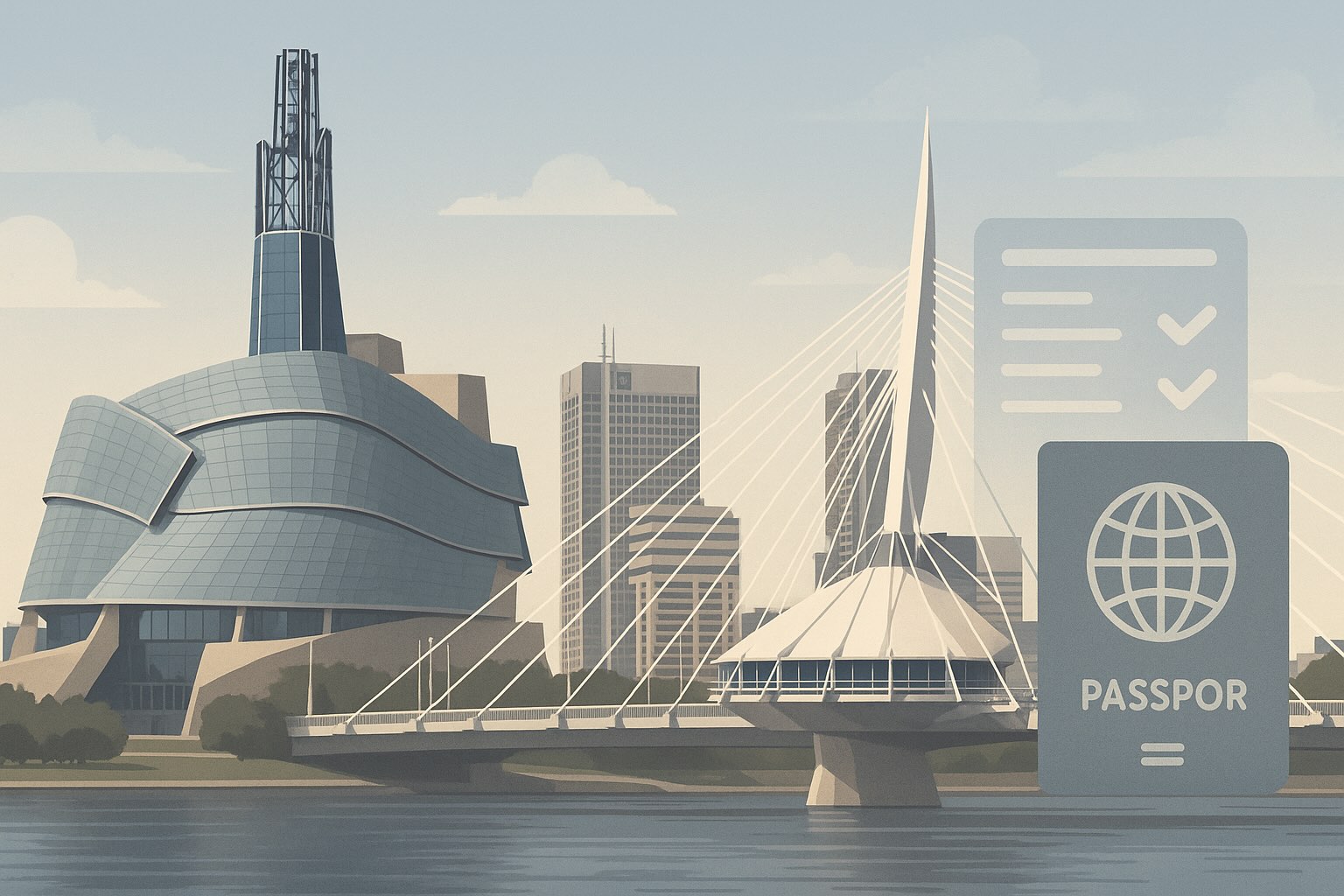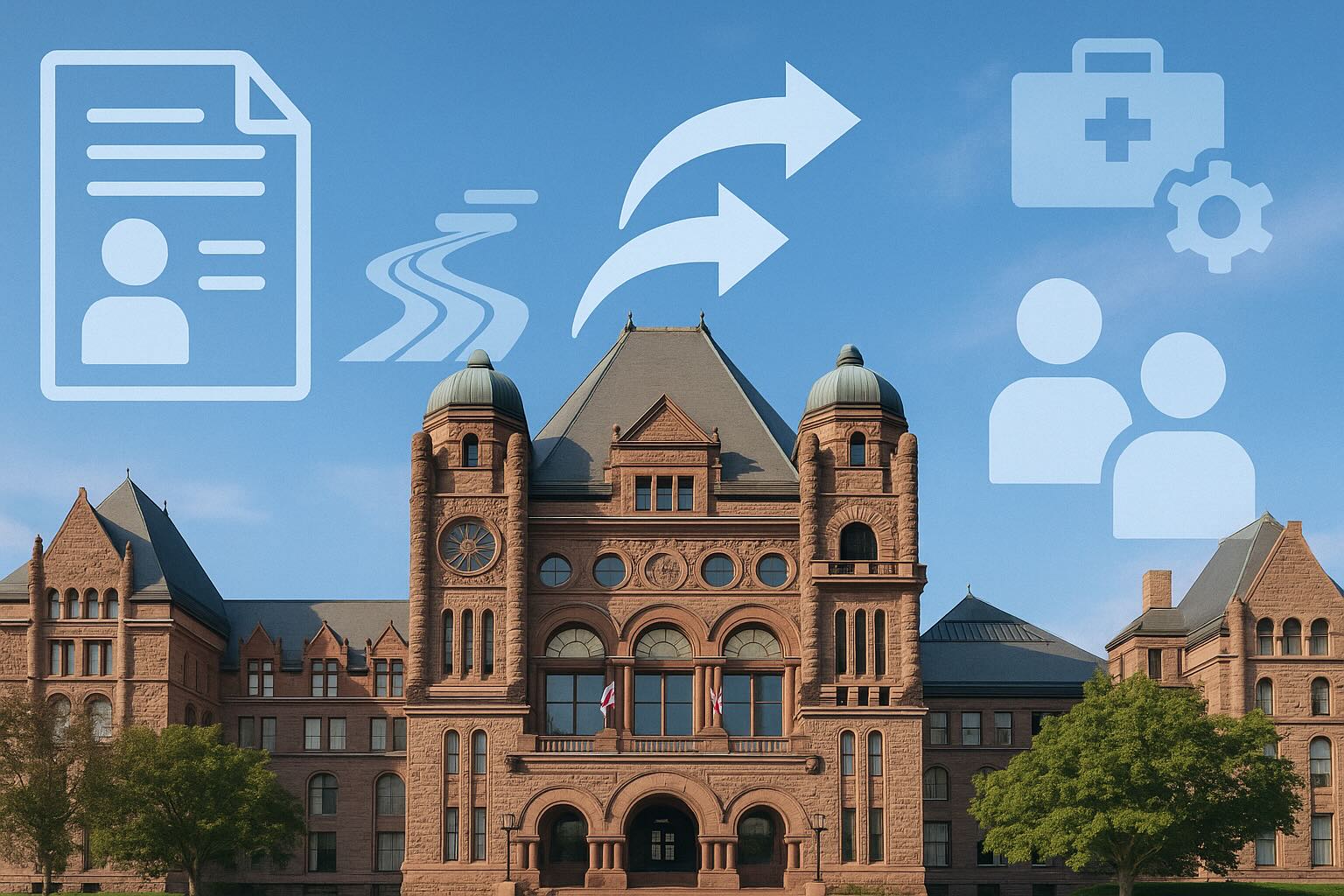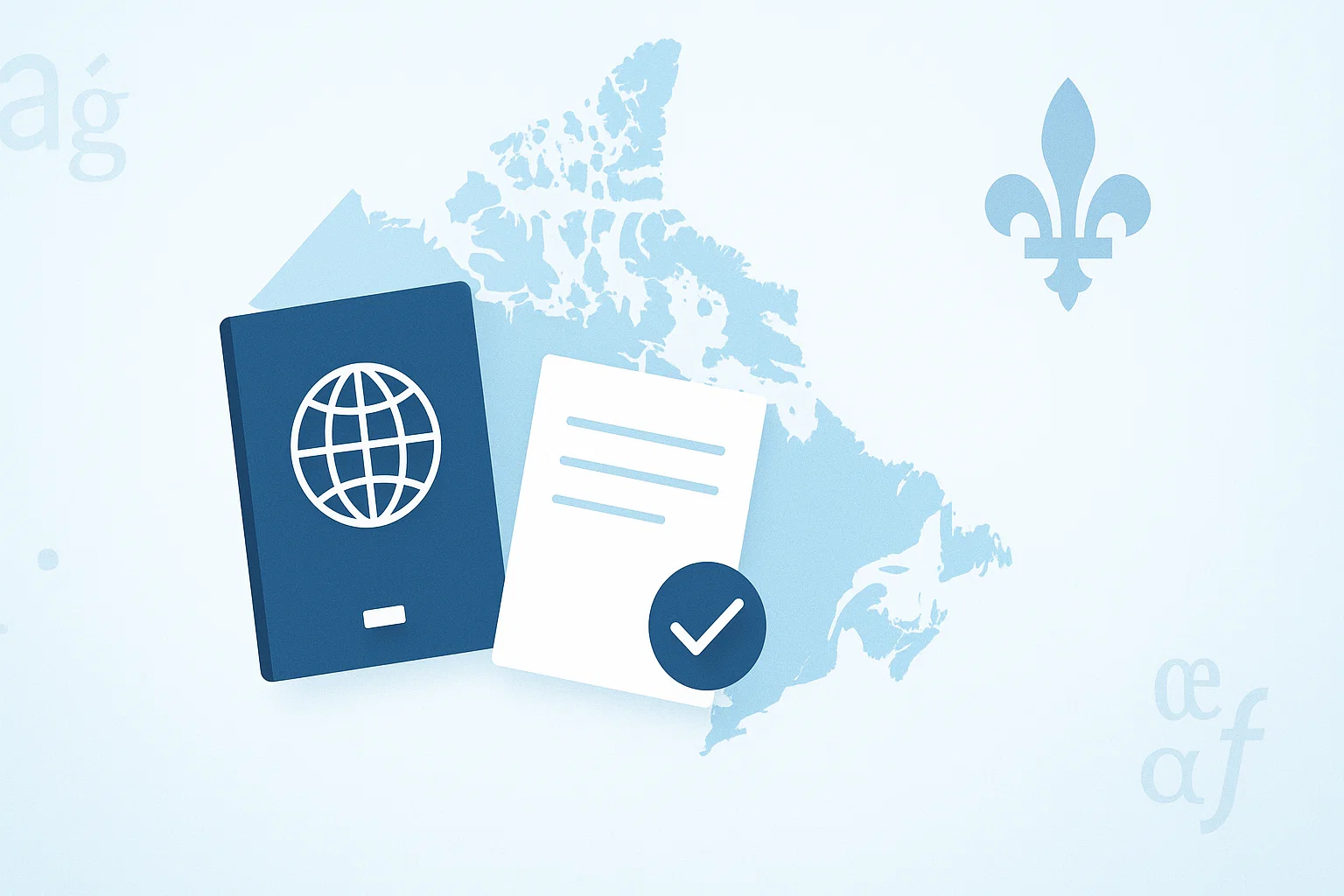Canada Officially Launches New Rural Community Immigration Pathway
To further support the development of remote rural areas, the Canadian government announced the implementation details of the “Rural Community Immigration Class” (RCIC) on December 14 in its Official Gazette. This policy provides a new pathway to permanent residency for foreign nationals who wish to settle in rural areas of Canada and establish economic independence.
Policy Scope and Target Group
The RCIC specifically targets foreign nationals who are willing and able to settle in designated rural communities outside of Quebec. Applicants must hold valid temporary resident status at the time of application and maintain it until they receive permanent resident status. Additionally, applicants must possess a valid certificate of recommendation from a designated economic development organization, which must remain valid until permanent resident status is granted.
Eligibility Requirements
1. Work Experience Requirements
Applicants must have at least one year of continuous full-time work experience (or equivalent part-time experience) and meet the relevant duties and responsibilities outlined in Canada’s National Occupational Classification (NOC). This work experience must have been acquired within three years before applying and must have been provided by a qualified third-party employer (excluding medical practitioners). For work experience in Canada, applicants must hold valid work authorization and temporary resident status.
Notably, international graduates with eligible academic credentials may be exempt from the work experience requirement if they meet the following conditions: full-time enrollment during the program, graduation within 18 months of application, and residence in the designated community for most of their studies.
2. Genuine Job Offer
Applicants must receive a formal job offer from a designated employer and meet the following conditions:
- The job must be permanent, full-time, and non-seasonal.
- The workplace must be in the designated community, with at least 75% of the work performed there.
- The position must match the applicant’s work experience or educational background.
3. Language Proficiency
Language proficiency is a key requirement. Applicants must provide valid test results from a Canadian government-approved testing institution. The required language benchmark (CLB) varies depending on the NOC category of the job. Test results are valid for two years, after which they must be renewed.
| TEER Category | CLB Level |
|---|---|
| 0 or 1 | 6 or above |
| 2 or 3 | 5 or above |
| 4 or 5 | 4 or above |
4. Education and Proof of Funds
Applicants must provide proof of at least a high school diploma. For foreign credentials, an equivalency assessment report issued within the last five years must be submitted. Additionally, applicants must demonstrate sufficient funds to support themselves and their family members for one year. The required amount is based on 50% of the low-income threshold for rural areas, as published annually by Statistics Canada.
5. Intent to Reside and Certificate of Recommendation
Applicants must provide a certificate of recommendation from an economic development organization, proving their intent to reside in the designated community. The certificate is valid for six months from its issuance date.
Significance of the Rural Immigration Program
The introduction of the RCIC not only provides much-needed labor resources to remote areas but also promotes regional economic development. By attracting skilled, experienced, and well-educated foreign nationals, the program aims to enhance the economic vitality and population growth of rural communities, alleviating challenges brought by labor shortages.
For foreign applicants, this policy is not only a new pathway to permanent residency in Canada but also an opportunity to achieve personal career growth while contributing to the prosperity of local communities. Ensuring complete application materials and demonstrating a genuine intent to settle in the community will be key to a successful application.









